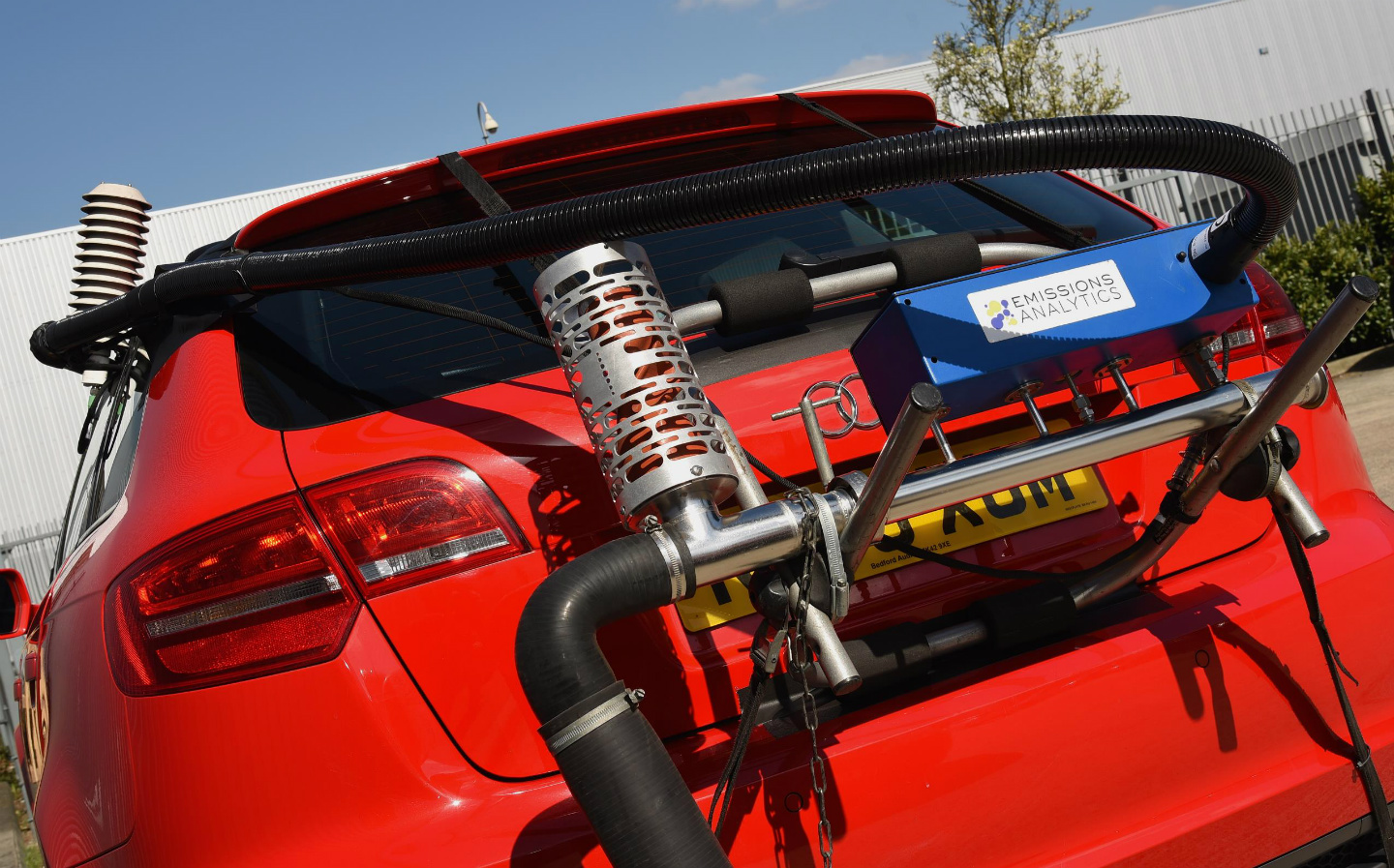CO2 emissions from new cars rose in 2017
Will the UK hit crucial 2021 CO2 target?
CO2 EMISSIONS from new cars sold in Britain last year rose for the first time since 2000.
According to the Society of Motor Manufacturers and Traders (SMMT), an increase in sales of petrol cars, which emit more CO2 – carbon dioxide – is partly to blame.
Diesels typically emit up to 20% less CO2 than petrol cars and are more fuel-efficient, despite their higher levels of harmful NOx emissions.
Browse NEW or USED cars for sale
Concern over the true emissions of diesel-powered cars has led many drivers to switch to petrol or petrol-electric hybrid cars. Last year, sales of diesel cars fell by 17%.
At the same time, more drivers bought Sport Utility Vehicles (SUV), which are larger and heavier than a typical family hatchback or estate car. The SUV has proved phenomenally popular in Britain; last year the Nissan Qashqai was the fourth best-selling new car in the UK, with more than 64,000 being snapped up by drivers. By comparison, less than 70,000 Ford Focus hatchbacks were sold.
The 0.8% increase in average CO2 emissions, to 121 grams per kilometre, is the first rise since the SMMT began reporting levels in 2000. It raises fears that the UK will miss its climate change targets.
Ironically, a lack of consumer confidence has led to a 10% reduction of sales of the smallest, cheapest cars – which are generally the least polluting. Many households have been tightening their belts and reigning in their spending, against a backdrop of wage stagnation.
New SUVs emit an average of 141g/km, while a small car emits 116g/km on average. The EU has set a target for an average of 95g/km across all new cars sold from 2021.
Mike Hawes, chief executive of the SMMT, said “The anti-diesel agenda has set back progress on climate change, while electric vehicle demand remains disappointingly low amid consumer concerns around charging infrastructure availability and affordability.
“To accelerate fleet renewal, motorists must have the confidence to invest in the cleanest cars for their needs – however they are powered.
“A consistent approach to incentives and tax, and greater investment in charging infrastructure will be critical.”
Tweet to @squarejames Follow @squarejames





